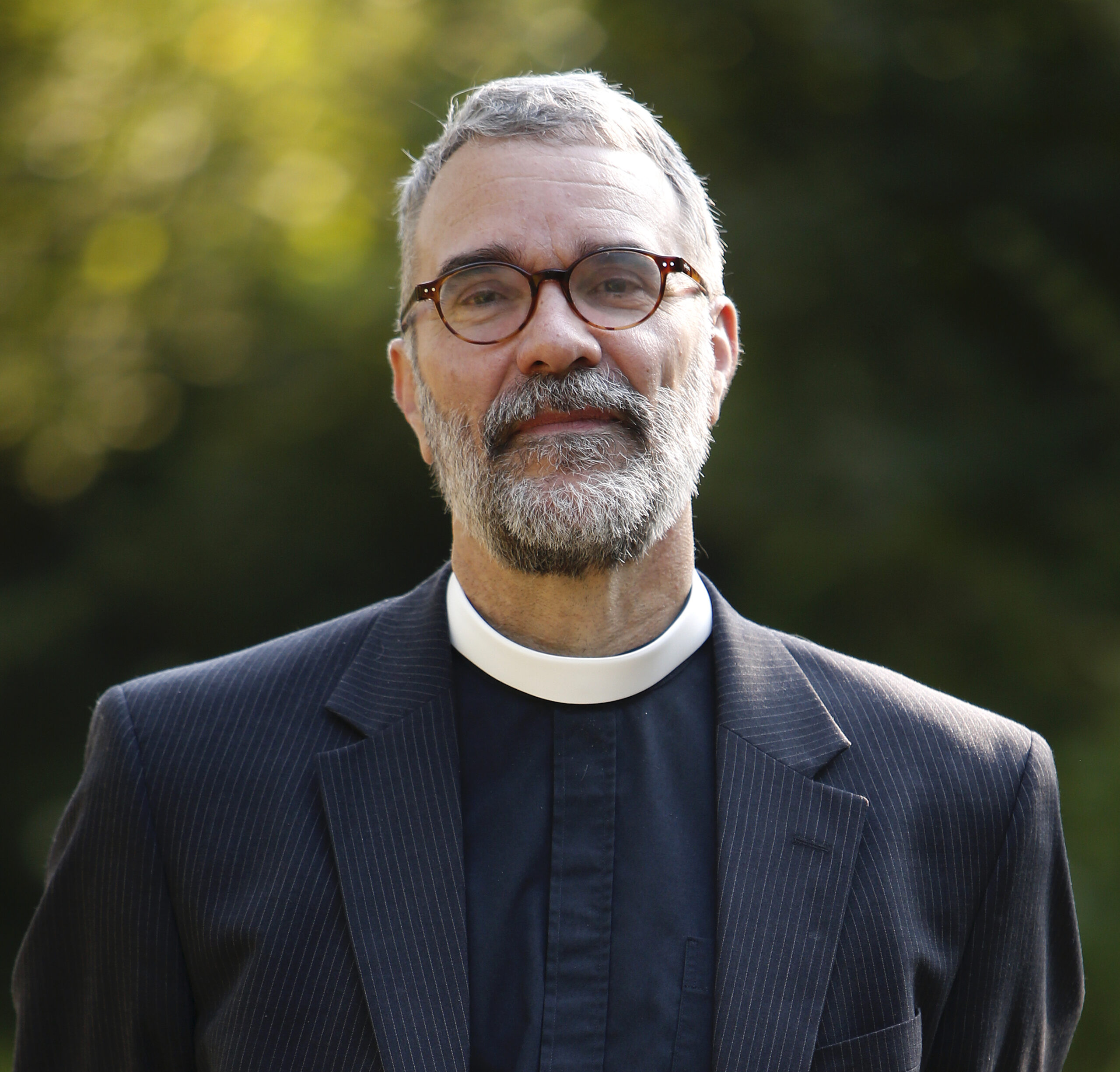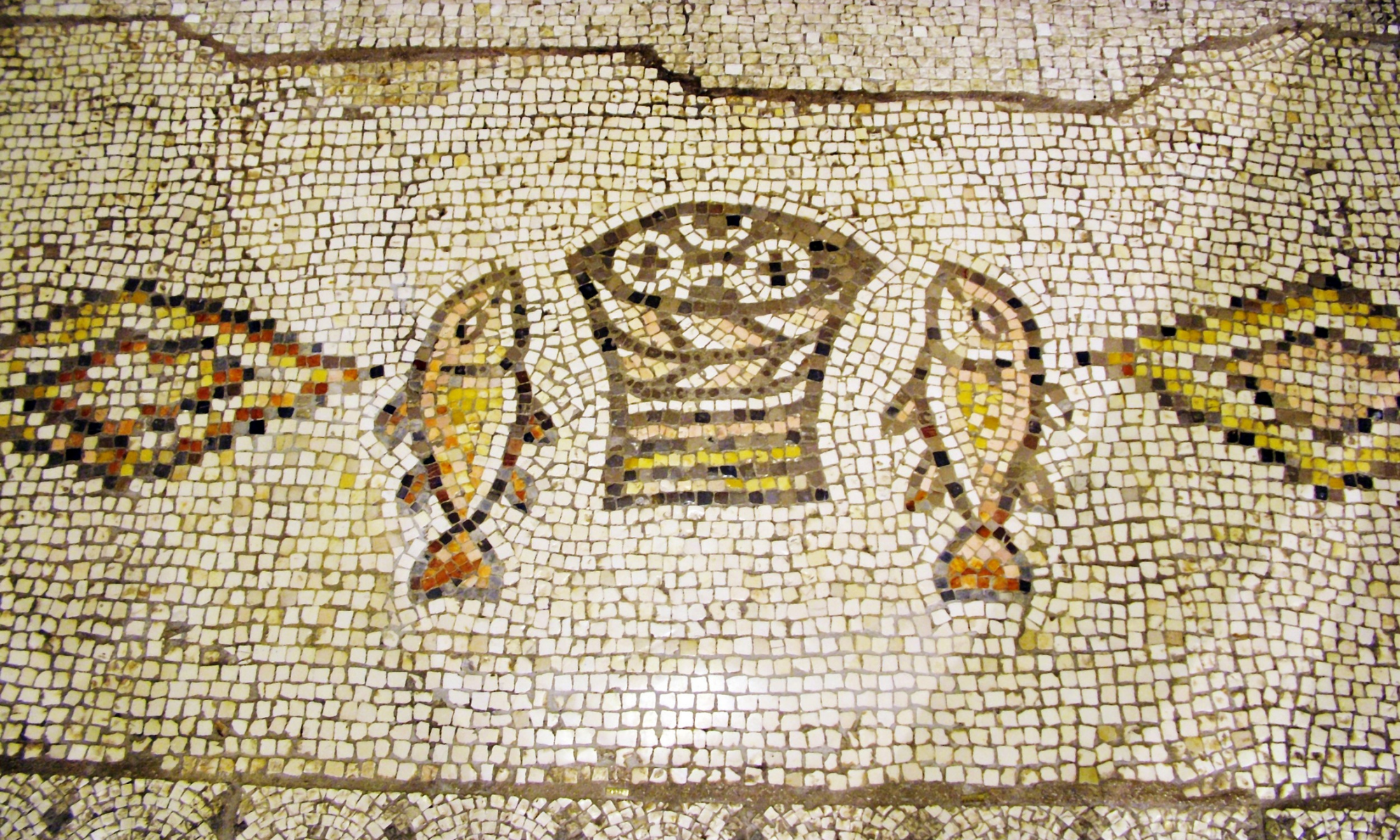By Bp. George Sumner
I can think of several reasons to discount my opining about the ACoC’s future. The first is that I have been away from Canada for a decade, and the second is that, at this moment, Americans should pipe down! The third is that my answer to most of life’s problems is…Wycliffe College! But I am contributing to this collection, in addition to my agreement with Communion Partners’ theological perspective, because of a personal sense of gratitude to my adopted country and Church. Furthermore, my academic discipline is mission, which by its nature has often been against the structural grain. So, receive my seven prognostications ‘cum grano salis.’
1. Mission societies
Worrying over the Church’s structures is a worthy enterprise, but it will only take you so far. I believe it was Cardinal Ratzinger who contrasted the ‘Petrine’ (structural) and the Ignatian (voluntary) axes of the Church. The globe was not ever evangelized from them, but from private mission societies. Think in our time of these para-church structures broadly: Alpha, Cursillo, theological colleges, healing ministries, etc. There new ideas and energy have often incubated. These institutions are themselves fragile, but precious. The challenge here is of course the ‘bowling alone’ syndrome, according to which people in this generation, even if they take part in the same activity, are decidedly less likely to join a group.[1] But as the parish system struggles, the moment for private societies may have come once more.
2. Pro-cathedrals
At Wycliffe I liked to quote King Alfred, 9th-century king hard-pressed by the attacks of the Vikings, that renewal of Christian culture would require schools and cathedrals. As a thought experiment, let’s take “cathedral” in our time to mean “congregations large enough for new Christians to see the life of the Church in full.” In the years ahead, stable parishes will be the leaven, and need to accept this larger calling. This calling will include offering programs and fellowship, previously provided by dioceses, for clergy who will often feel isolated and discouraged.
3. Extended reception
I am of a traditional mind on marriage, and am still convinced that doctrine matters. But we all need to accept living in an extended period of what the tradition called “reception,” the process by which over generations the faithful accept (or not) a doctrinal innovation. Lacking settled doctrine, parishes and dioceses of different minds must live patiently and charitably side by side. We are living in a moment in which we need the equivalent of the seventeenth-century Peace of Westphalia in Europe, according to which warring parties were able to get on with their lives side by side. Such a moment will require of bishops, at one and the same time, conviction, collegiality, and pragmatism.
4. Global neighbours
For too long global partnerships were an optional add-on to parish life. Now North American dioceses are regularly enlivened by, for example, Sudanese parishes, Pakistani clergy, and Nigerian ordinands. Philip Jenkins’ prediction about the globe coming to our own neighbourhoods in the West has come true.[2] You see this not only in great cities like Toronto and London, but more widely as well. We need to embrace them enthusiastically. We need to be more intentional in learning about their stories. Along the way the fuller ecclesiological account of what it means to be the Church catholic will prove invaluable in helping us to weather challenging times in our reduced churches in the West.
5. “Enjoyed, not used”
My friend Joe Mangina, theology professor at Wycliffe, liked to quote this expression from Augustine, to the effect that God, only to be enjoyed and never used, cannot be an object of our manipulation, even toward the most admirable ends. In a time of ecclesial distress, we need an upsurge of interest in theology for its own sake, what Paul in Romans 12:1 calls “the worship of the mind.” The least practical is most needed in this lost generation. Drawing young people is in fact related to offering theological meat as well as catechetical milk.
6. Proficient catechists
There are hundreds of rural parishes which can neither afford nor find a priest. An important answer lies on our own history, in our own ‘goodly heritages’ of the Book of Common Prayer and its Morning Prayer with a sermon Sunday morning. Bolstering this conclusion is the widespread practice of Office and sermon in the growing Churches of the global south. This option, however, requires accessible and affordable training of local lay catechists so as to offer a solid homily. At the same time, we should beware of the success of such an initiative, lest it become a substitute for priestly formation, which will in no way require less preparation in the coming years.
7. Bodies, sacraments, places
People receiving the sacrament in places, i.e. parishes, which are after all a part of our tradition: how is such an obvious fact worth mentioning? Who could have imagined that we would one day think of it as a place to make a stand of faith? But in the new era, it will come to stand in contrast to the hegemony of the machines, which employ a disembodied and alien intelligence. Human dignity as a rallying cry will bind together Churchmen and Churchwomen of presently different persuasions. An example of an ecumenical stand for dignity could be opposition to cold utilitarianism about the worth of lives which has led to Canadian right-to-die-ism, for example. Defending embodiment as intrinsic to a Christian doctrine of the human person will bring us to a new kind of anti-gnosticism. Who can predict where that will lead, and who will sojourn together on its behalf?
Peace, +GRS
————————————————-
[1] See Robert Putnam’s book by this title.
[2] See his The Next Christendom (Oxford, 2011).

The Rt. Rev. Dr. George Sumner is Bishop of Dallas and former Principal of Wycliffe College in Toronto.

